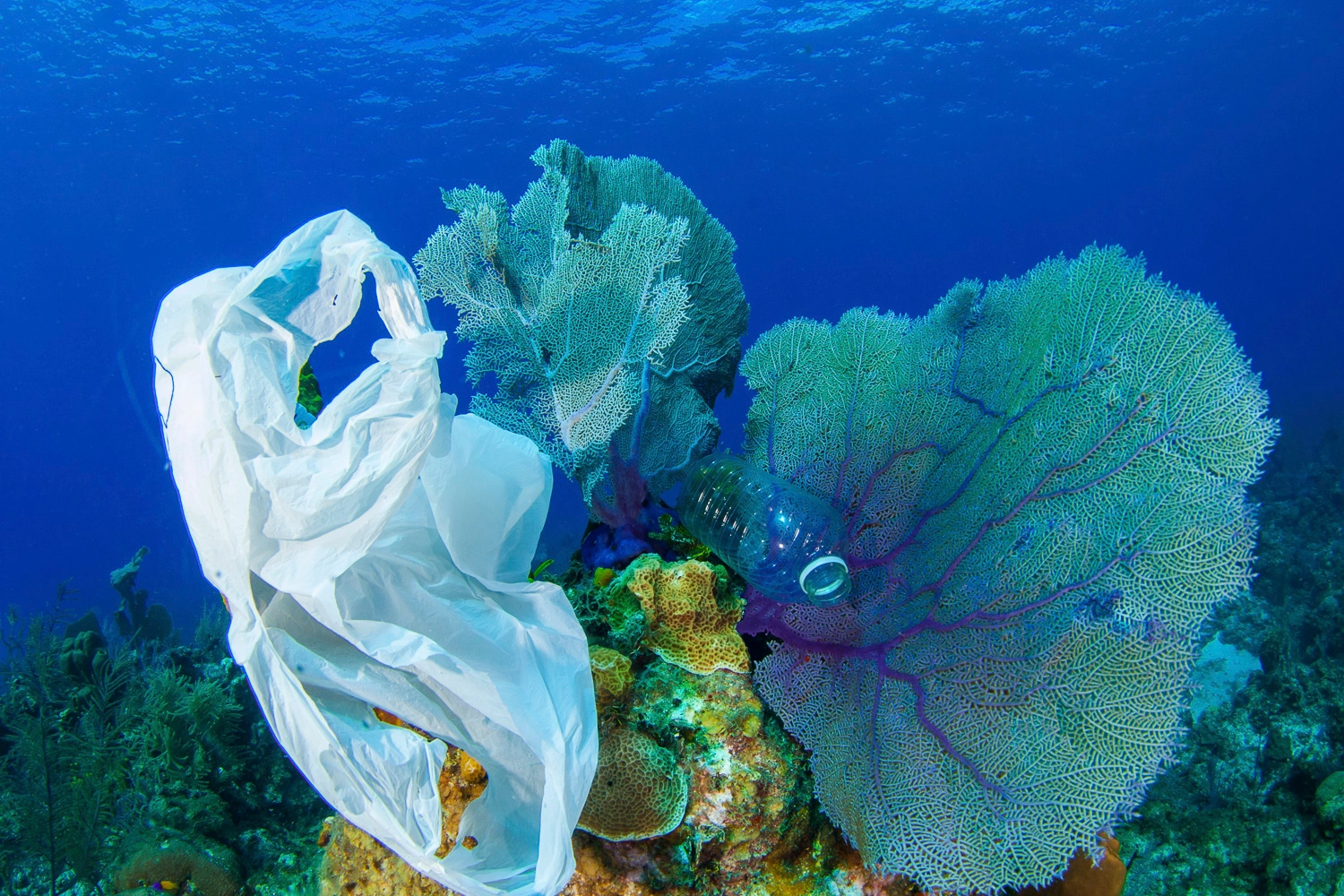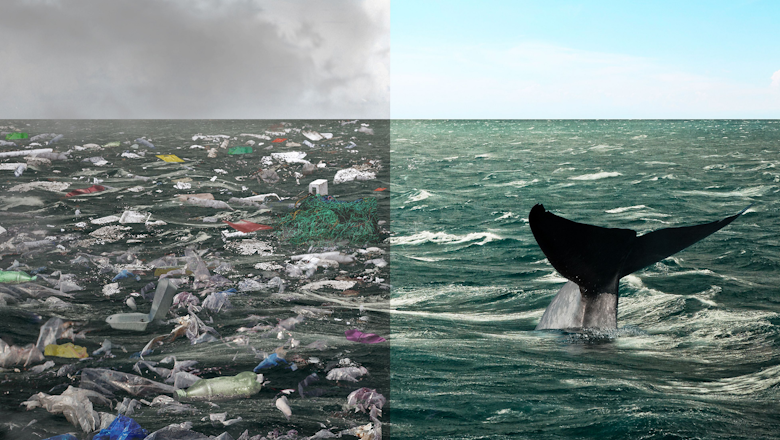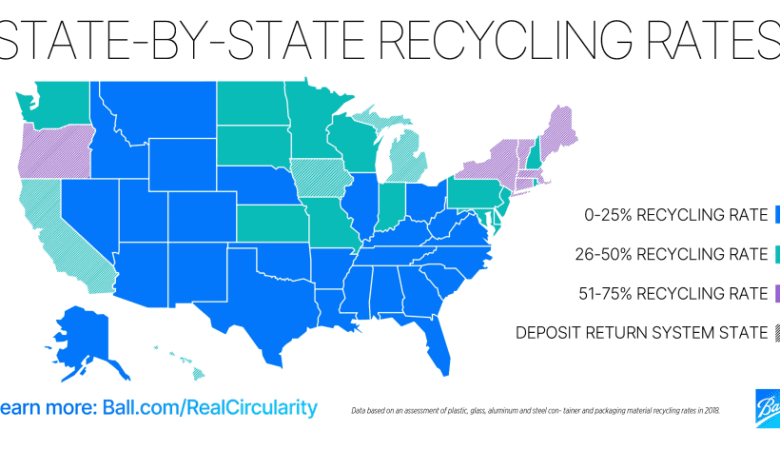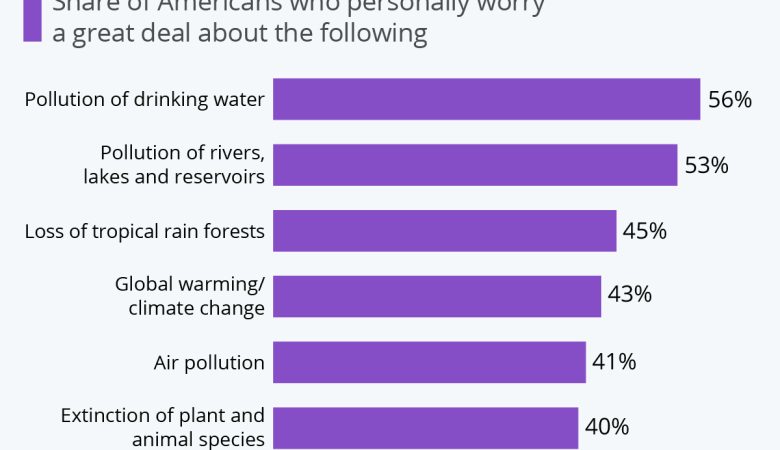The health of a ocean has important ramifications for human health, even if they are not readily apparent in our day-to-day activities. Marine plants produce 70% of a oxygen we breathe, for example. Additionally, our oceans hold 97 percent of the world’s water supply. Oceans absorb a whopping 30% of human-caused CO2 pollution, proving that ocean health & human health are linked in a mutually beneficial way. Human health depends on the ocean, and the ocean’s health depends on us.
A lack of attention has been paid to the connection between marine pollution and human health.
Ocean contamination is widespread and pervasive throughout the world’s oceans. Ocean pollution is just not improving, but rather worsening, despite a recent surge in public awareness in environmental issues. Scientists have been gathering evidence of the harmful effects of ocean pollution on human health for decades. As of yet, this threat has still not been fully understood.
Ocean pollution is caused by a variety of sources. Agricultural runoff, industrial pollution, fertilisers, manufactured chemicals, pharmaceutical compounds, pesticides, petroleum, plastics, sewage, hazardous metals, and urban garbage are just a few examples of the many types of waste that humans generate and that end up in our oceans. Most of these contaminants originate from land-based sources such as rivers, runoff, deposit from the air, and dumping.
In this section, we explain how pollution from the ocean affects human health in unique ways, based on the type of pollution involved.
Pollution From Plastics
Despite the fact that plastic takes centuries to dissolve, microplastics are still found in the environment. Tiny nanometer-sized particles are becoming more commonplace in our atmosphere. Recent studies have indicated that now there is 60 times greater microplastic in the water than there is now just 15 years ago. This offers a substantial hazard to human health while microplastics have been connected with cancer, impaired fertility, psychological diseases, and birth defects. Toxic substances commonly found in plastics, including as neurotoxins, carcinogens, & endocrine disruptors, should be avoided at all costs.
Recently devised a new approach for detecting microplastics in body tissue. What we found was quite shocking. The researchers found microplastics in all of the tissues they tested. We should be concerned that microplastics are making their way into our bodies where they are most likely to accumulate and create problems.
As a result of eating seafood, we consume enormous quantities of microplastics. Without action, this problem will only become worse, with more plastic debris ending up in our oceans every year. This may result in an increase in the frequency of diseases and disorders connected with microplastic exposure.
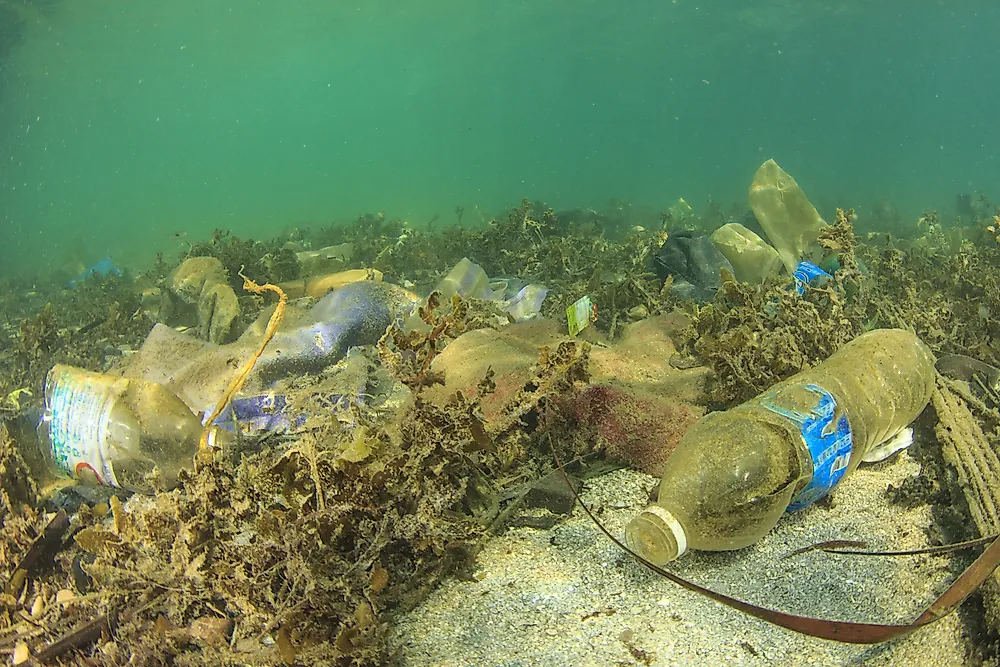
Pollution With Mercury
Mercury, too, can be found mainly in the oceans, just like garbage. Mercury contamination is most usually attributed to using coal, both residential and industrial use. Burning coal releases mercury into the atmosphere, where it eventually finds its way into water bodies and builds up there. When mercury enters the brain and neurological system, it is a neurotoxic that can cause long-term harm to these vital organs.
As a result, mercury pollution is a serious health hazard. Predatory fish, such as tuna and swordfish, are known to amass the toxin in their bodies. Mercury can build up in our bodies when we eat seafood high in mercury.
Dementia & heart disease have been linked to mercury exposure. Neurodevelopmental harm and lowered IQ as well as an increased risk of autism, ADHD, and some other learning difficulties have been linked to prenatal exposure to the toxin.
Pollution Along The Coast
Agricultural runoff, industrial pollution, pesticides, and sewage are only some of the pollutants that build around the coast and contribute to coastal pollution. Due to pollution, dangerous algal blooms, which create toxins and accumulate in seafood, are increasing. It has been proven through studies in humans that intake of these poisons can cause memory loss, paralysis or death.
This study emphasises the critical connection between the health of the oceans and the health of humans. Our waters are polluted by humans, which has a severe influence on human health in a variety of ways. Protecting human health will necessitate implementing effective measures to limit and prevent ocean pollution.


